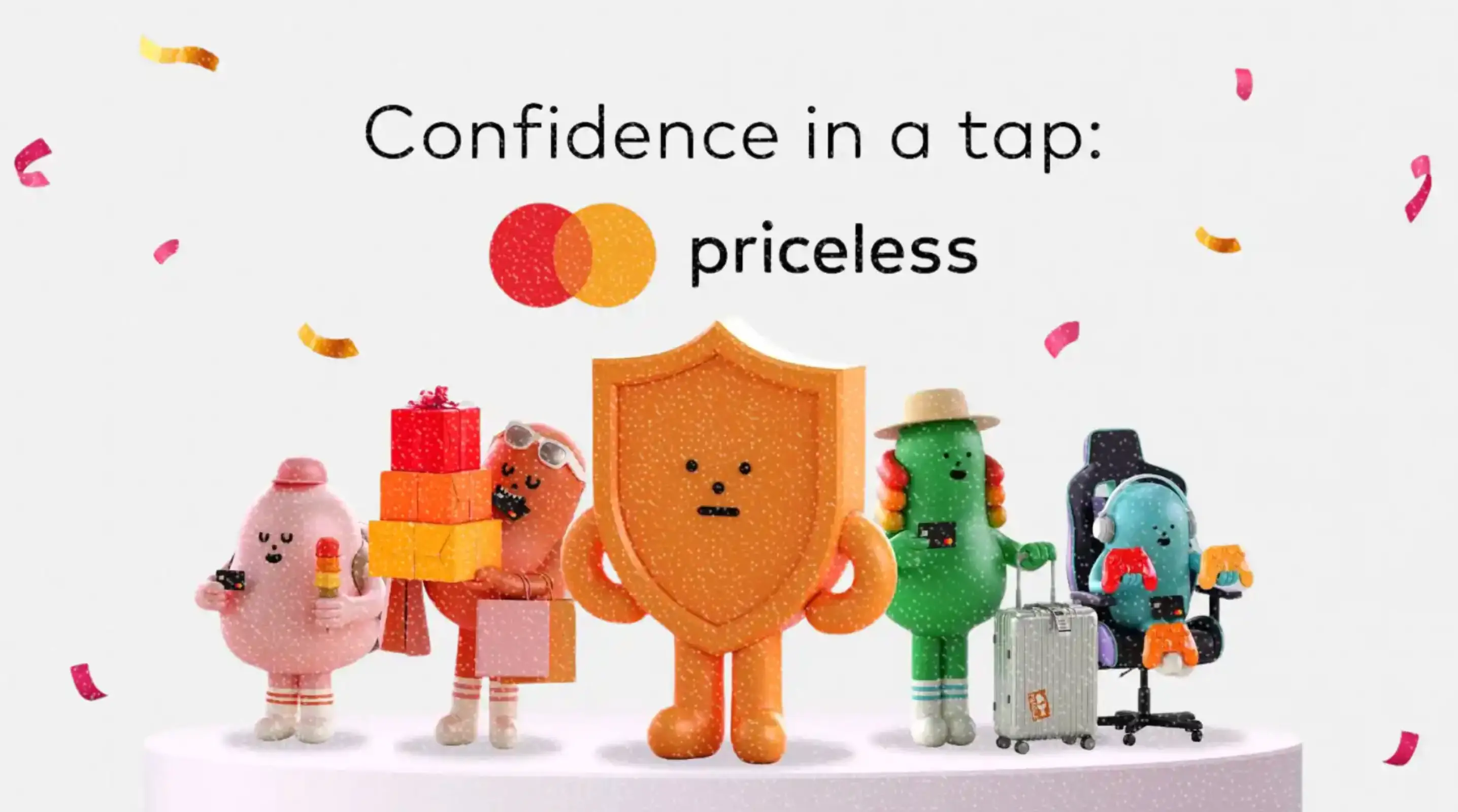Beginner's Guide to SEO: The Power of Linking to Boost Your Website’s Google Rankings
Updated on
Published on
Search engine optimization (SEO) is an invaluable tool that enables a website to be visible in search engine results so that many more people can find your business online. Though many are aware of the use of keywords, there is so much more that contributes to successful SEO. One important aspect that often gets overlooked is linking. If you’re new to SEO or just trying to improve your website’s performance, understanding the different kinds of linking can make a big difference.
In this blog, we’ll explain the different types of links that play a role in SEO, why they matter, and how they can help your website succeed.

Internal Linking: Connecting the Dots on Your Website
Think of your website as being a small town. Without internal links, it means there are no roads connecting one part of town to another, and more than likely nobody and especially no search engine can even get to such content. Internal links connect one page of a website to another page inside the same site. Internal links make it easier for visitors to move between pages on your site, and they also draw special attention from search engines.
Plus, internal linking helps visitors find related content and stay on your site. For example, for a post on the benefits of SEO, you might try to link to another person's post about what it's going to cost them to invest in SEO services. In this way, you help visitors, and distribute the "importance" of your site more. The search engine’s bots think that not all web pages are created equal; so, internal links help to share the importance from one page with another, through a process called "link equity."
Internal linking further helps the search engines understand your site structure. A well-organized site is easy to crawl, which offers great indexing, leading to much better rankings. Also, make sure to write your links descriptively, so humans and search engines know what the link points to. Remember, it is very important to link to some of your most important content: important pages such as key articles or product/service pages. The links themselves should always be contextually relevant.
Outbound Linking: Sharing the Love
Outbound links are links that point from your website to another website. It's contrary to what many people think is helpful because it entails linking to send visitors away from your website. Outbound links can, in the long run, help in attaining SEO benefits. Linking to credible, well-trusted resources gives credence to your content. This is especially helpful when writing about any complicated topic that requires expert opinions or data. Outbound or outgoing links provide readers with resources to explore what interests them in more depth. This can greatly improve the entire experience on your site. Additionally, search engines consider outbound links a sign that your content is well researched and web-linked in general. This becomes helpful in your rankings.
When using outbound links, the rule of thumb is to link to directly relevant, high-quality sources. If you are not willing to pass your "link equity" to a site that you don't absolutely trust, then a "nofollow" tag can always be used in the link. That tells search engines not to count this link. Outbound links, while being great SEO tools, are useful only to a certain point; overdoing them may distract your readers.
Navigational Linking: Making Your Site Easy to Explore
Navigational links are the links found in your website’s menu, footer, or sidebar that help users quickly find the information they need. These links are crucial for guiding visitors around your site and improving their overall experience.
Clear and easy-to-use navigation makes it simple for visitors to find what they’re looking for, which encourages them to stay on your site longer. Good navigation also helps search engine bots (the programs that search engines use to crawl the web) to move around your site easily, ensuring that all your important pages are accessible. By placing key pages in your navigation menu, you signal to search engines that these pages are important, which can help improve their rankings.
To create effective navigational links, keep your menus simple and avoid overwhelming visitors with too many choices. Highlight your most important pages, like your homepage, contact page, and key service or product pages. You can also use “breadcrumbs,” which are small links that show the path a user has taken through your site, making it easier for them to navigate and for search engines to crawl.
Anchor Links: Jumping to the Good Stuff
Anchor links are a way for users to directly navigate to each specified section of a webpage. This is very useful on pages with more content so that visitors can leap straight to the section they are looking for.
This becomes quite true in the case of rather long articles or guides, where anchor links allow guests or visitors to get the desired information fast without scrolling up and down. Although anchor links fall under user experience, they indirectly help with SEO by keeping users on the page for a longer period, thus helping to raise your search rankings. When applying anchor links, make sure that the text for your links explicitly describes where it will take the user; they should be very easy to understand. Create anchor links only in places where they are truly valuable, such as in-depth guides or FAQ pages.
Contextual Linking: Adding Extra Value Within Content
Contextual links are links placed within the body of your content. These can be internal links to other pages on your site or outbound links to external websites. The key is that these links are closely related to the surrounding text.
Contextual links are valuable because they relate directly to the content around them and, therefore, are unusually relevant to both users and search engines. Search engines read these links and know the linked pages are relevant to the topic at hand, which will ultimately benefit your rankings. In order to get the most out of contextual linking, the links need to be properly fitted into your content so that they offer real value to the readers. Also, you should avoid repeating the same text for every link. Use a different set of words corresponding to the context.
Image Links: Making Navigation Visual
Image links are links attached to the images on your website. These links could be used in your navigation or within your content and make your website more beautiful and easier to use.
These links are especially good for users who would rather click on images than text. They could be leveraged to focus attention on your website and really assist in guiding users through important pages. However, to make the image links good for SEO, ensure descriptive "alt text" is always provided for the image to let the search engines know what it's all about, as an added benefit "alt text" makes your site more accessible. Make sure that the image links point to relevant pages that enhance user experience.

Linking is Just the Beginning
As we have now learned, linking is a crucial part of search engine optimization and it can influence, quite significantly, the performance rating of any website. From internal linking to outbound links and many others, there are various kinds of links that collectively will help make your site more visible to the target clientele and increase website traffic.
But linking is only one part of the SEO game. There are many factors involved like keyword research, content optimization, technical SEO, and many others. Strategizing each and every aspect of SEO to ensure your website achieves good rankings is, almost always, better left to professionals who understand each and every step in online marketing.
At Brand Vision, we offer comprehensive SEO services, as well as web design and development, to help your business grow online. Whether you’re looking to improve your site’s search engine rankings, redesign your website, or launch a new online presence, our team has the expertise to help you achieve your goals. Contact us today to learn how we can help you enhance your search engine visibility and take your business to the next level.









